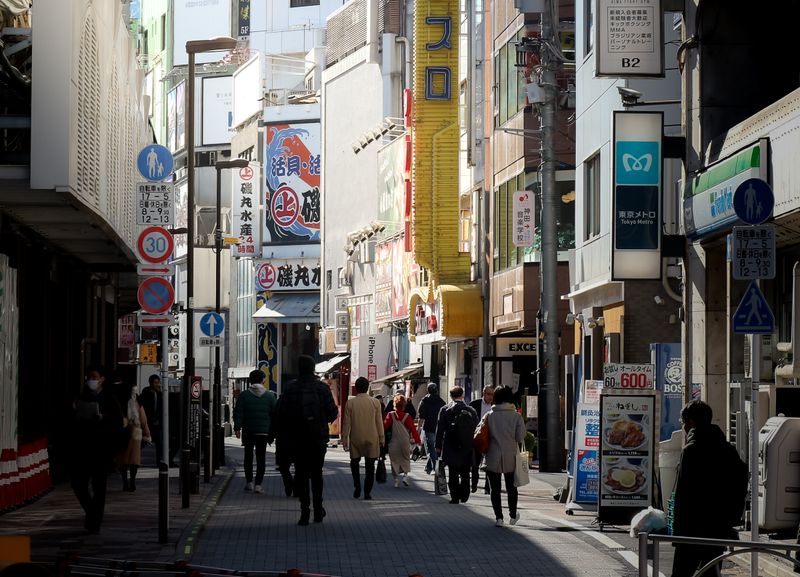Jan 31, 2024
Shoppers could feel effect of “tomato shock” in February price hikes

Around 1,600 items in Japan will be subject to price hikes in February with many processed foods and beverages affected by the so-called “tomato shock.”
Despite the rate of price hikes in Japan having slowed, at 1,626 items February is set to mark the first time in four months that the number of items subject to a price increase will surpass 1,000, according to research firm Teikoku Databank.
Processed foods account for the highest number of items set for a price increase, at 643 - in particular pouch-contained foods stored at room temperature such as pasta sauces.
Seasonings also account for a significant number of items at 545 - mainly dashi-based products including shaved bonito flakes, or “katsuobushi,” as well as products made with processed tomato such as tomato ketchup.
Poor harvests worldwide due to higher-than-usual temperatures have meant a shortage of tomatoes, or a “tomato shock” on these shores. Along with ketchup, the shortage will be reflected in price rises among other items in February, in particular alcoholic beverages that use tomato juice, according to Teikoku Databank.
Despite February marking a four-month high for the volume of price hikes, the number is still significantly down from the same month in 2023 when around 5,600 items were subject to hikes. 2023 saw consumers bear the extra expense from price increases on over 32,000 items. So far, in 2024 consumers are set to see hikes on around 4,500 items through May.
The cost of raw materials, passed on to consumer items, continues to be the largest driver behind price hikes in Japan, although the effect is waning.
On the other hand, hikes made in response to rising wages are becoming more apparent with labor costs behind nearly 20 percent of the items subject to hikes through May 2024, around double that for the same period last year, according to the research firm. Whether or not wage increases will continue to be funded by price hikes spread across the entire food sector remains to be seen, says Teikoku Databank.
The research firm says it expects companies to be cautious about committing to sweeping hikes over large numbers of items, choosing instead to continue raising prices gradually, forecasting a rate of around 1,000 - 2,000 items each month.
The latest round of price hikes comes after January saw the Japanese operator of McDonald’s restaurants raise the price of around 30 percent of its menu items, citing rising raw material prices and distribution costs, according to reports. Among the items affected, the price of a Big Mac went up by 30 yen to 480 yen.



2 Comments
TonetoEdo
on Jan 31
I'm feeling the squeeze! Some fresh vegetables have skyrocketed in price at my local supermarket. Last week, I bought some insipid tomatoes for cheap and realized if I'm going to keep to my food budget, canned is the way to go. At 100 yen a can, they're better food value and taste better. I'm reducing my purchases of processed foods, mostly cooking from scratch to keep costs down.
City-Cost
on Feb 1
@TonetoEdo Thanks! Tomatoes, mushrooms and lettuce have stood out as items on our shopping list particularly affected by hikes in recent months. And the mikan this season - difficult to find a bag of 5 or 6 for under 500 yen recently.